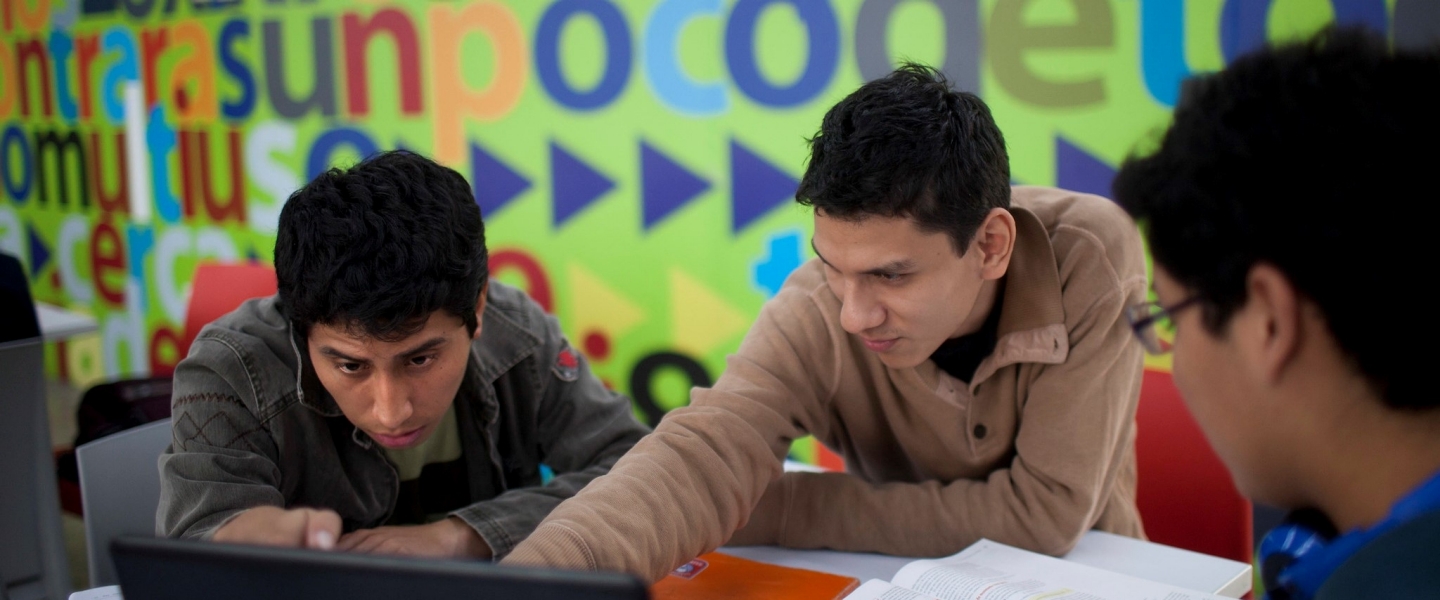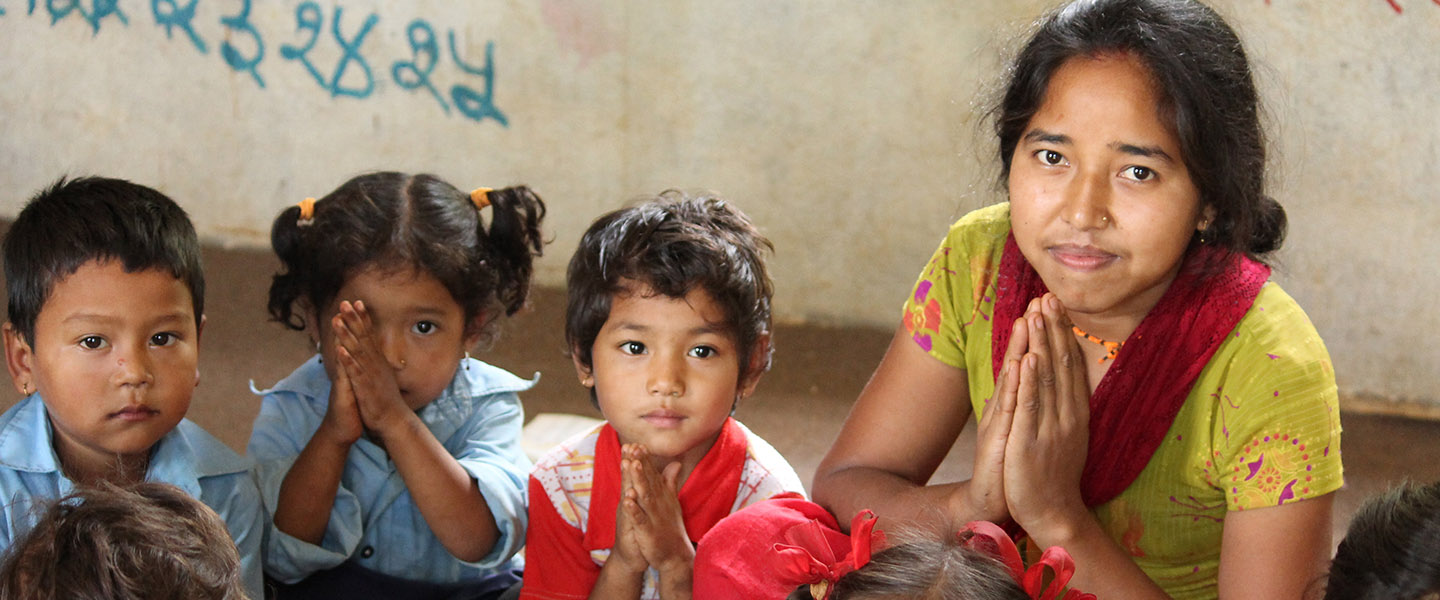Early childhood education is an important foundation for all children, and international students are no exception. It can help them develop the skills and knowledge they need to succeed in school and in life. However, there are also some challenges that international students may face in early childhood education. This article will discuss the benefits and challenges of Early childhood education for international students, and provide tips for choosing the right program and succeeding in school.

Benefits of Early Childhood Education for International Students
Improved Academic Performance
Research has shown that international students who participate in early childhood education programs perform better academically than those who do not. They are more likely to be proficient in reading, writing, and math, and they are more likely to graduate from high school and college. For example, a study by the National Center for Education Statistics found that international students who participated in Head Start were more likely to graduate from high school than those who did not.
Enhanced Language Skills
Early childhood education programs can also help international students improve their language skills. They can learn new vocabulary, grammar, and pronunciation, and they can practice speaking and listening to English in a supportive environment. This can help them succeed in school and in their future careers. For example, a study by the University of California, Los Angeles found that international students who participated in early childhood education programs were more proficient in English than those who did not.
| Benefit | Description |
|---|---|
| Improved academic performance | International students who participate in early childhood education programs perform better academically than those who do not. |
| Enhanced language skills | Early childhood education programs can also help international students improve their language skills. |
| Increased social skills | Early childhood education programs can also help international students develop their social skills. |
Increased Social Skills
Early childhood education programs can also help international students develop their social skills. They can learn how to interact with other children, how to cooperate and share, and how to resolve conflicts peacefully. This can help them succeed in school and in their personal lives. For example, a study by the University of Texas at Austin found that international students who participated in early childhood education programs were more likely to have positive social skills than those who did not.
- Multilingualism in Early Childhood
- The Role of Music in Early Education
- Early Childhood Behavioral Management

Challenges of Early Childhood Education for International Students
Language Barriers
One of the biggest challenges that international students face in early childhood education is language barriers. They may not be proficient in the language of instruction, which can make it difficult for them to understand what is being taught. This can lead to academic difficulties and social isolation.
To overcome language barriers, international students can take English as a Second Language (ESL) classes or participate in dual language programs. They can also seek support from teachers, classmates, and family members who can help them with their language skills.
Cultural Differences
International students may also face cultural differences in early childhood education. The way that children are taught and disciplined may vary from country to country. This can be confusing and frustrating for international students, and it can make it difficult for them to adjust to their new environment.
To overcome cultural differences, international students can learn about the culture of their new country before they arrive. They can also talk to their teachers and classmates about any cultural differences that they are experiencing. With time and effort, international students can learn to adapt to the cultural differences in their new country.
Social Isolation
International students may also experience social isolation in early childhood education. They may not know anyone in their new country, and they may not be familiar with the local culture. This can make it difficult for them to make friends and feel connected to their community.
To overcome social isolation, international students can join clubs and activities at their school or in their community. They can also volunteer their time or participate in other activities that will help them meet new people. With time and effort, international students can build a strong social network in their new country.
| Challenge | Description |
|---|---|
| Language barriers | One of the biggest challenges that international students face in early childhood education is language barriers. |
| Cultural differences | International students may also face cultural differences in early childhood education. |
| Social isolation | International students may also experience social isolation in early childhood education. |

How to Choose the Right Early Childhood Education Program for International Students
Consider Your Child’s Needs
When choosing an early childhood education program for your international student, it is important to consider their individual needs. What are their strengths and weaknesses? What are their interests? What kind of learning environment do they thrive in? Once you have a good understanding of your child’s needs, you can start to narrow down your choices.
Research Different Programs
Once you have a good understanding of your child’s needs, you can start to research different early childhood education programs. There are many different types of programs available, so it is important to find one that is a good fit for your child. Consider the program’s curriculum, teaching methods, and class size. You should also visit the program and talk to the teachers to get a feel for the environment.
| Factor | Description |
|---|---|
| Curriculum | Consider the program’s curriculum to ensure it aligns with your child’s needs and interests. |
| Teaching methods | Research the program’s teaching methods to determine if they align with your child’s learning style. |
| Class size | Consider the class size to ensure it provides an optimal learning environment for your child. |
Make a Decision
Once you have researched different programs, it is time to make a decision. Consider all of the factors that are important to you and your child, and choose the program that you think is the best fit. Once you have made your decision, be sure to enroll your child in the program as soon as possible.
Related Posts

Tips for Success in Early Childhood Education for International Students
Immerse Yourself in the Language
One of the best ways to succeed in early childhood education is to immerse yourself in the language of instruction. This means speaking, listening, reading, and writing in English as much as possible. You can do this by taking English classes, watching English movies and TV shows, reading English books and newspapers, and listening to English music. The more you immerse yourself in the language, the easier it will be to learn and succeed in school.
You can also practice your English skills by volunteering in an early childhood education setting. This will give you the opportunity to interact with native English speakers and learn how to communicate effectively in English.
Get Involved in Extracurricular Activities
Getting involved in extracurricular activities is a great way to meet new people, make friends, and learn about American culture. There are many different extracurricular activities to choose from, such as sports, clubs, and music lessons. Participating in extracurricular activities can also help you improve your English skills and learn about different aspects of American culture.
Some extracurricular activities that may be of particular interest to international students include English as a Second Language (ESL) clubs, international student organizations, and cultural clubs.
| Activity | Description |
|---|---|
| English as a Second Language (ESL) clubs | ESL clubs provide opportunities for international students to practice their English skills and learn about American culture. |
| International student organizations | International student organizations provide a sense of community for international students and offer opportunities to socialize and learn about American culture. |
| Cultural clubs | Cultural clubs provide opportunities for international students to connect with other students from their own culture and learn about American culture. |
Seek Support from Teachers and Classmates
Don’t be afraid to ask for help from your teachers and classmates if you need it. They are there to support you and want you to succeed. If you are struggling with a particular concept, ask your teacher for extra help. If you are having trouble understanding a classmate, ask them to explain it to you in a different way.
Building relationships with your teachers and classmates can also help you feel more connected to your school and community. Get to know your teachers outside of class and participate in school activities. This will help you build a support system that can help you succeed in early childhood education.

Final Thought
Early childhood education is an important investment for international students. It can help them develop the skills and knowledge they need to succeed in school and in life. However, it is important to be aware of the challenges that international students may face and to choose the right program carefully. With the right support, international students can succeed in early childhood education and reap the many benefits it has to offer.




